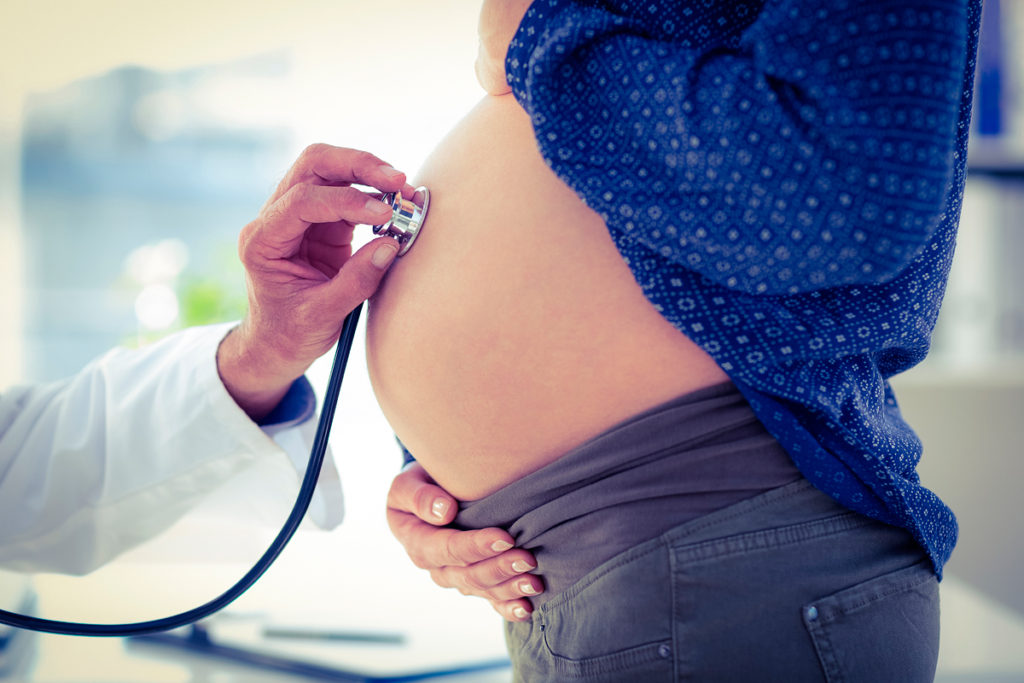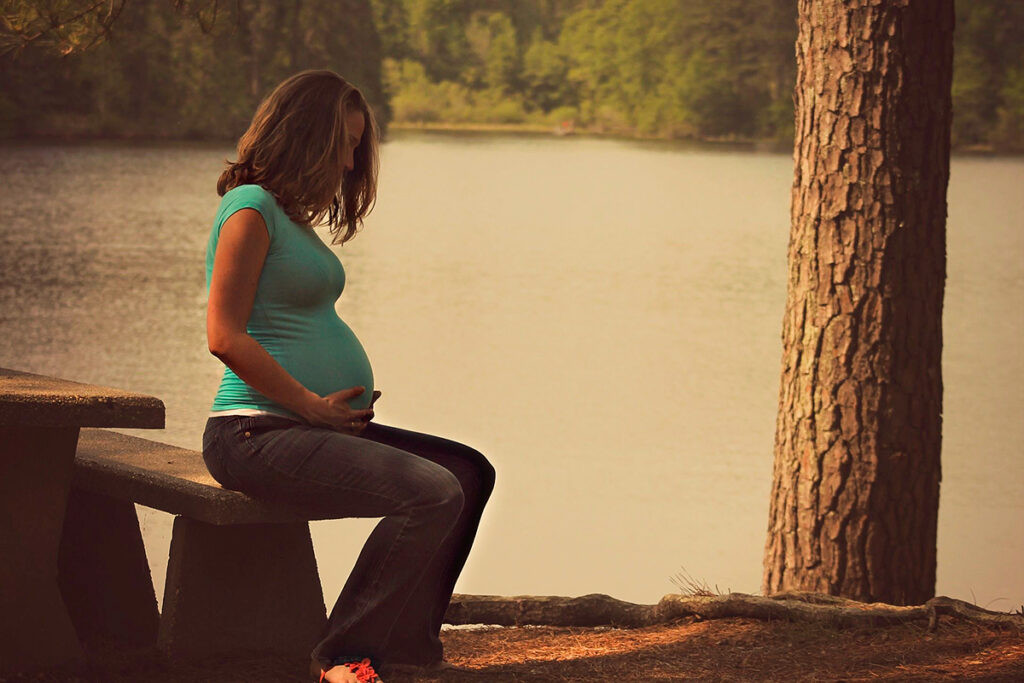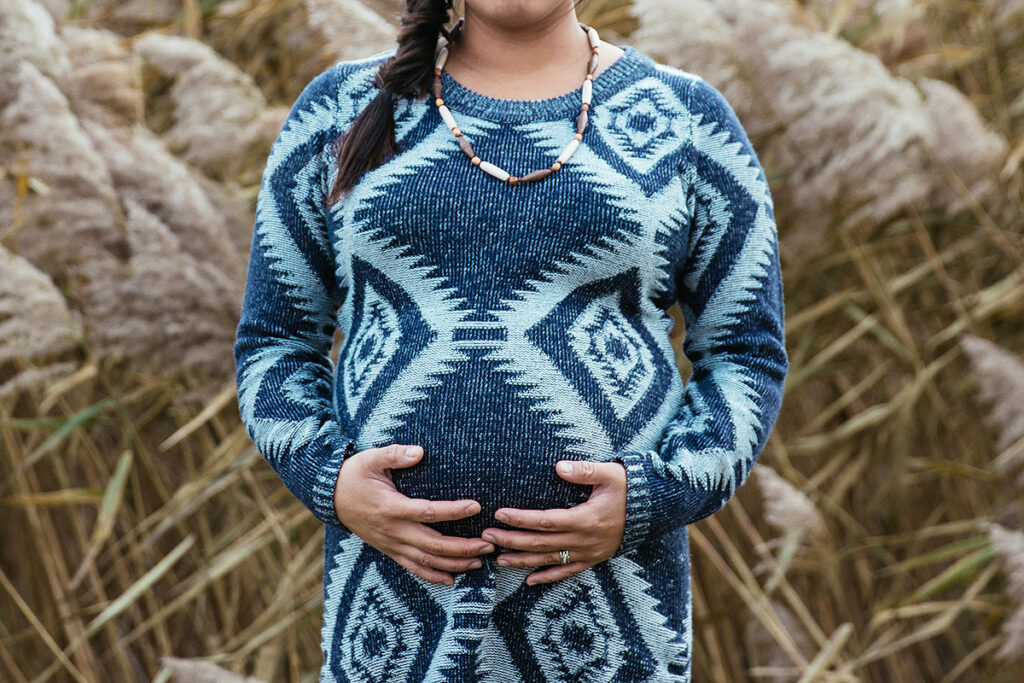There is little data on the effect of COVID-19 on pregnancy. It is known that infection of the fetus in late pregnancy is rare and that COVID-19 does not affect the early development of the fetus. However, pregnancy creates a risk of severe COVID-19. The risk arises from changes in the immune system of pregnant women, as well as from the fact that the lungs and cardiovascular system-targets of the coronavirus – experience increased stress during pregnancy.
That is why pregnant women need the most protection. You must wear masks and maintain a social distance.
Severe COVID-19 in pregnant women
In June 2020, the Centers for disease control and prevention (CDC, USA) released statistics:
- 8207 out of 91412 (about 9%) pregnant women with COVID-19 have a 50% increased risk of entering the intensive care unit compared to non-pregnant women of reproductive age.
- Although the death rate from COVID-19 among pregnant women is low, pregnant women are 70% more likely to need artificial ventilation.
This data only partially reflects the situation, because by June 2020, the CDC had registered 326,000 women of reproductive age with a diagnosis of COVID-19, but only 28% of them were known to be pregnant at that time or not.
According to the Swedish public health Agency, from March 19 to April 20, 2020, 53 women of reproductive age were registered in intensive care units. 13 of them are pregnant. The study found that pregnant / just-born patients with COVID-19 are 6 times more likely to end up in the intensive care unit than non-pregnant patients of reproductive age.
Pregnancy increases the risk of severe respiratory viral infections. In the United States, during the H1N1 flu epidemic in 2009, pregnant women accounted for 5% of deaths, although pregnant women made up about 1% of the population. A 2004 SARS study found that pregnant women with SARS were hospitalized more frequently and had a higher mortality rate than non-pregnant women of reproductive age.
The reason for the more severe course of viral infections in pregnant women is that the immune system should not create a significant response that can harm the baby.
Lungs and cardiovascular system of pregnant women with COVID-19
SARS-CoV-2 affects the lungs and cardiovascular system. The load on them during pregnancy is increased. When the uterus grows, there is less space for the lungs – this is the reason for shortness of breath and deterioration of lung function in pregnant women.
For the blood supply and fetus respiration, pregnant women need an additional volume of blood and oxygen. In the later stages of pregnancy – 50% more. It increases the load on the cardiovascular system.
COVID-19 also puts pressure on the heart and blood vessels. SARS-CoV-2 can affect the endothelium of the heart and blood vessels, which contains ACE2 receptors-the docking proteins of the coronavirus. These injuries cause vascular leakage and increase blood clotting. Healthy endothelial cells produce nitric oxide (NO), which regulates blood pressure, prevents inflammation, and prevents blood clots from forming. With SARS-CoV-2, endothelial function deteriorates. Blood clots can block the blood supply to vital organs.
To quickly stop bleeding after childbirth, blood clotting in pregnant women is also usually increased.
Postpartum complications with COVID-19
The New York City study of the effect of SARS-CoV-2 on pregnancy involved 675 women hospitalized for childbirth. Of these, 10% were infected with SARS-CoV-2, of which 79% had no symptoms. Postpartum complications such as fever, hypoxia, and re-hospitalization occurred in 13% of women with COVID-19 compared to 4.5% of healthy women. No women needed a ventilator, and there was no maternal mortality. None of the 71 children tested were infected with SARS-CoV‐2.
COVID-19 effect on the fetus
Viruses such as Zika virus, cytomegalovirus (CMV), and rubella can cause congenital disabilities.
A French study has shown that a fetus can be infected with COVID-19 in late pregnancy, but such cases are rare.
Virologist Caroline Coyne, who studies placental infections at the University of Pittsburgh, believes that “if the virus is a devastating pathogen that causes fetal malformations in early pregnancy, we would have obvious cases from China” in which COVID-19 started early. The staff of Science magazine got in touch with the Chinese midwives. Obstetricians confirmed that so far there have been no cases of congenital abnormalities, but warned that there is still too little data to conclude.
Rubella and CMV are usually transmitted through the blood and can reach the placenta during the first trimester before it becomes a fully formed antiviral barrier. Nevertheless, although the SARS-CoV-2 virus sometimes enters the bloodstream, it has a different transmission mechanism.
Zika virus and CMV receptors are present in large numbers on placental cells. Therefore, these viruses are dangerous for the fetus. The situation with the coronavirus is different. Scientists from the National Institute of child health and human development and Wayne State University found that placental cells rarely simultaneously Express both molecules by which SARS-CoV-2 enters the cell. These molecules are the ACE2 receptor (a docking protein of the coronavirus) and the TMPRSS-2 enzyme (an activator of the coronavirus).
COVID-19 and fetal growth
A New York City study found clots in blood vessels on the fetal side of the placenta in almost half: 14 of 29 pregnant women infected with COVID-19. In healthy pregnant women, such clots were present only in 11% of cases.
Another study, conducted by scientists from Northwestern University (USA), found significantly more damage to blood vessels and blood clots on the maternal side of the placenta in 15 of 16 infected COVID-19 women than in healthy ones.
Blood clots can limit the supply of oxygen and nutrients to the fetus. Therefore, with COVID-19 in the second half of pregnancy, it is essential to monitor the growth of the fetus.
Coronavirus during pregnancy: unsolved issues
Now the University of California, San Francisco, is collecting data for the registry of results of treatment of coronavirus in pregnancy. Data analysis will provide answers to many open questions. For example, how COVID-19 medications affect the mother and fetus, how infection affects the mother’s immune status, and whether and how to use blood clotting-reducing medications for pregnant women with COVID-19.



